The second edition of the Polish Film Festival in Amsterdam took place on October 7 and 8, 2023. Participants of the event had a chance to watch four films exploring the history and the present of the region, as well as to take part in discussions with experts. The festival’s goal was to introduce Central European topics to a Dutch audience.
Central European history is not widely taught or discussed in the Netherlands, which leads to misunderstandings and the marginalization of this important region. With the ongoing war in Ukraine caused by Russian aggression, the topic of Central Europe has become even more significant. This year’s festival gave people the chance to talk about what it’s like to live in the shadow of Russia, and how fear of Russian control influences people’s attitudes, decisions, and way of life.
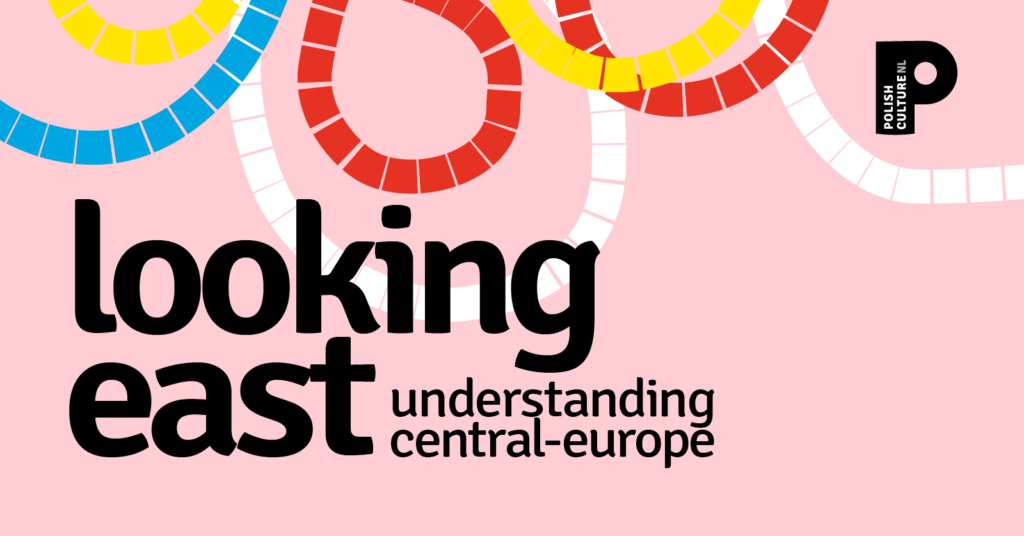
Program
Saturday, October 07, 2023
15.00 – 18.30
Mr Jones
Agnieszka Holland, 119 min
Conversation: Russian dominance in the Central Europe
Moderator: Fadoua Alaoui
Guests: Barbara Malak-Minkiewicz, Matt Steinglass,
Anne-Lise Bobeldijk, Kateryna Kobchenko
19.30 – 21.30
Jack Strong
Władysław Pasikowski, 130 min
Sunday, October 08, 2023
16.00 – 17.40
Klondike
Maryna Er Gorbach, 100 min
19.00 – 22.00
The Hamlet Syndrome
Elwira Niewiera & Piotr
Rosołowski, 86 min
Conversation: The impact of war in Ukraine on people and their personal lives
Moderator: Fadoua Alaoui
Guests: Elwira Niewiera, Maryna Er Gorbach, Anna Greszta
Day 1
Film: Mr Jones
Agnieszka Holland brings to the screen the extraordinary and powerful story of the real-life Welsh journalist who uncovered Stalin’s genocidal famine in Ukraine, which killed almost 7 million during The Holodomor of 1932 and 1933. Gareth Jones (James Norton) is an ambitious Welsh journalist who gained fame after his report on being the first foreign journalist to fly with Hitler. On leaving a government role, Jones decides to travel to Moscow in an attempt to get an interview with Stalin himself. Hearing murmurs of government-induced famine, Jones travels clandestinely to Ukraine, where he witnesses the atrocities of man-made starvation. Deported back to London, Jones publishes an article revealing the horrors he witnessed but is accused of being a liar by those who have an interest in silencing him. As the death count mounts, Jones has to fight for the truth.
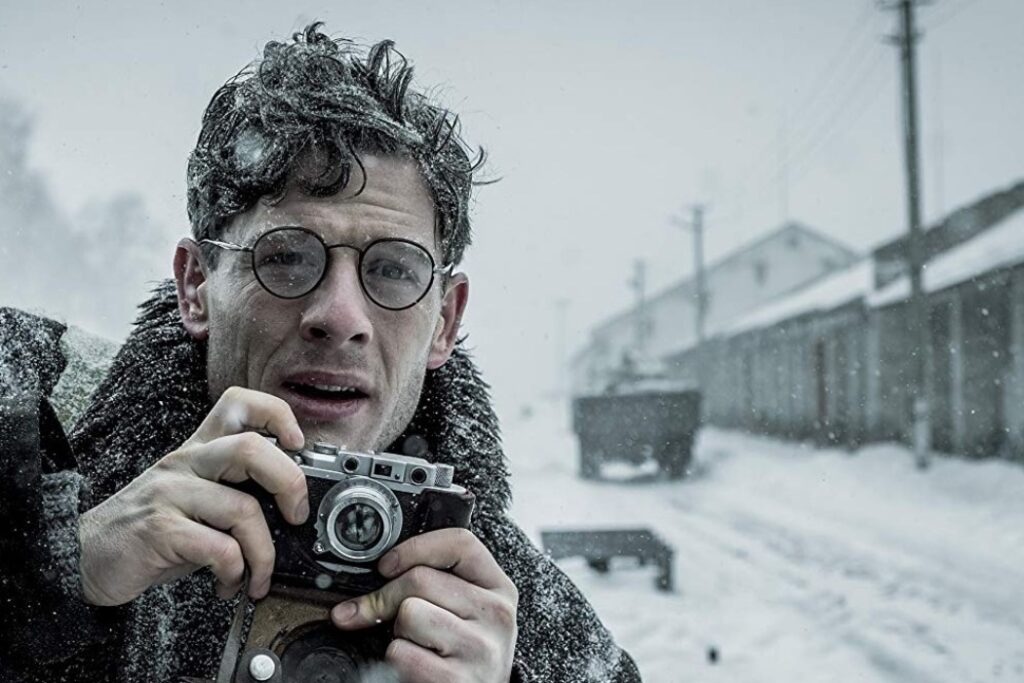
Director: Agnieszka Holland
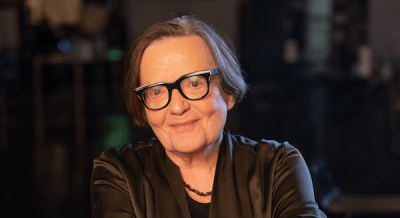
Agnieszka Holland (1948) is a renowned Polish film director and screenwriter known for her contributions to world cinema. Holland’s journey in filmmaking began with studies at the prestigious FAMU in Prague, where she honed her craft and was exposed to the New Wave cinema movement. Over the years, she worked her way up in the film industry, initially as an assistant director and screenwriter in Poland, before achieving international acclaim. Her films, often delve into complex historical and political themes, offering profound insights into the human condition. She has successfully combined European and Hollywood filmmaking, as well as television. Holland’s work has garnered numerous awards, including Oscar nominations, showcasing her ability to create emotionally resonant and socially relevant cinema.
Conversation: Russian dominance in the Central Europe
Central Europe, with its rich history and diverse cultures, has often found itself at the crossroads of major geopolitical shifts. Today, one of the key topics of discussion revolves around Russiand ominance in the region. As we delve into this conversation, we’ll explore the historical context, contemporary dynamics, and the implications of Russia’s influence on the countries in Central Europe. It’s a complex and evolving topic that has far-reaching consequences, and our dialogue aims to shed light on its various facets.
Moderator: Fadoua Alaoui
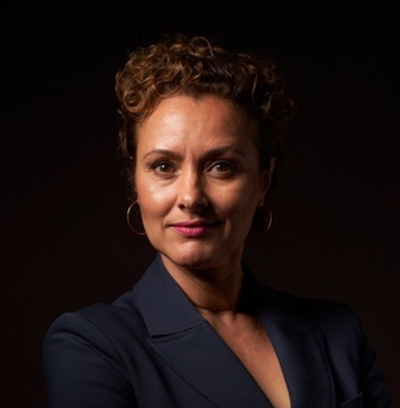
Guest: Barbara Malak-Minkiewicz
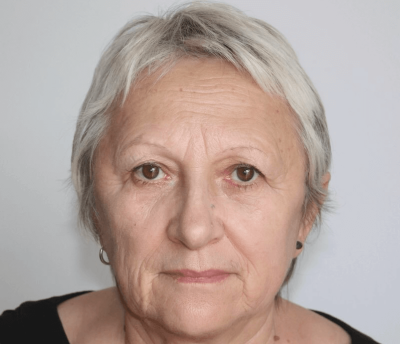
Barbara Malak – Minkiewicz is a social sciences and philosophy scholar with a PhD from the University of Warsaw. Involved in an anti-communist opposition in 1980s. After the collapse of communism, she focused on the transformation of education in Central European countries. After brief service as the spokesperson of “Solidarność” trade union in Gdansk (1990-1991), she engaged in several projects in post-soviet bloc countries.
In 1998-2014 worked as the manager of membership relations at the International Association for the Evaluation of Educational Achievement in Amsterdam. For her work for freedom in Poland she was awarded by Polish President in 2013 Officer’s Cross of Polonia Restituta.
Guest: Matt Steinglass

Matt Steinglass is the Europe correspondent for The Economist. After growing up in Washington, DC, he studied Russian history and literature at Harvard and interactive telecommunications at New York University. He has lived in and reported from Togo, Vietnam, Britain and the Netherlands. Before joining the Economist in 2014 he was Netherland’s correspondent for the Financial Times. His current beat includes Central and Eastern Europe, Scandinavia, and pan-European issues. His paternal family hails from Warsaw, where the name Steinglass can be traced back to the late 1700s.
Guest: Anne -Lise Bobeldijk
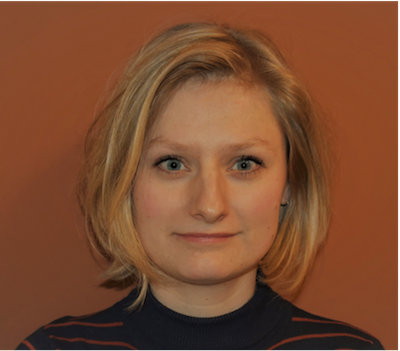
Anne -Lise Bobeldijk is a post-doctoral researcher at Wageningen University, where she takes part in the NWA Heritages of Hunger-project. Her current research project considers the (political) use and misuse of history and famine legacies in the Soviet Union, Ukraine and Russia. In her doctoral research at the NIOD Institute for War, Holocaust and Genocide Studies and the University of Amsterdam, she analysed the history and memory of violence prior, during and after the Holocaust and the Second World War in Belarus.
Guest: Dr Kateryna Kobchenko
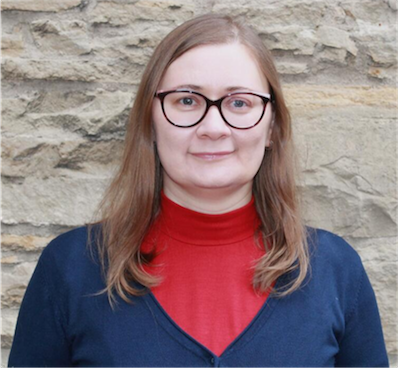
Dr Kateryna Kobchenko, historian, born 1975 in Kyiv (Kiev), Ukraine. She studied history at the Taras Shevchenko National University of Kyiv, where she also defended her dissertation and worked for several years. In 2020-2021 she was a member of the Project of Digital Interview-Collection “Forced Labour 1939-1945. Memory and History“ at the Freie Universität Berlin. In the academic year 2022-2023 K. Kobchenko worked as a Research Assistant at the University of Münster. Since October 2023 she has receives a Habitation scholarship of the Konrad Adenauer Foundation, Germany, her research subject is the History of Ideas of Ukrainian political emigrants after the WW II.
Film: Jack Strong (2014)
„Jack Strong” is both a thriller and one of the world’s most fascinating spy stories. The film tells the true story of Colonel Ryszard Kukliński (Marcin Dorociński) – a man who single-handedly waged a battle against the Soviet Union from deep within its ranks. Ready to risk his life in order to keep the world from destroying itself, he started to cooperate with the CIA for many dangerous and emotionally draining years where one wrong move could mean a tragic fate for him and his family. “Jack Strong” was well-received in Poland and internationally, drawing attention to the remarkable story of Kukliński and his contributions to the downfall of communism.The film not only serves as a thrilling espionage drama but also sheds light on the moral dilemmas faced by individuals who choose to engage in espionage for the greater good.
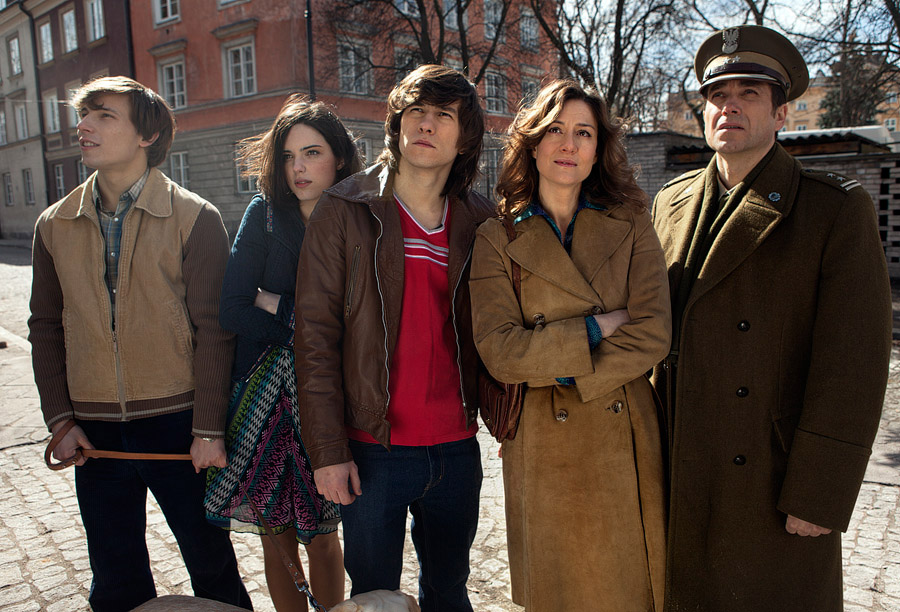
Director: Władysław Pasikowski
Władysław Pasikowski is a Polish film director and screenwriter. He began his career in the late 1980s and early 1990s, a pivotal time for Polish cinema following the fall of communism. Pasikowski produced his first films thanks to his cooperation with Juliusz Machulski – the films were Kroll from 1991 and Psy (Pigs) from 1992. Both productions, although causing numerous controversies, gained great popularity. They were even awarded during the Polish Feature Film Festival.
Władysław Pasikowski’s filmography includes a range of genres and themes, but he is often associated with crime dramas and films that tackle social and historical issues. Throughout his career, he has demonstrated a commitment to exploring the intricacies of human nature and society through the lens of cinema.
Day 2
Film: Klondike, 2022
July 2014. Expectant parents Irka and Tolik live in the Donetsk region of eastern Ukraine near the Russian border, disputed territory in the early days of the Donbas war. Their nervous anticipation of their first child’s birth is violently disrupted as the vicinal crash of flight MH17 elevates the forbidding tension enveloping their village. The looming wreckage of the downed airliner and an incoming parade of mourners emphasize the surreal trauma of the moment. As Tolik’s separatist friends expect him to join their efforts, Irka’s brother is enraged by suspicions that the couple has betrayed Ukraine. Irka refuses to be evacuated even as the village gets captured by armed forces, and she tries to make peace between her husband and brother by asking them to repair their bombed house.
Klondike premiered at the Sundance Film Festival on January 21, 2022, where it won the World Cinema Dramatic Competition for directing. The film was also awarded at the Berlin International Film Festival 2022 and International Istanbul Film Festival 2022. The film was selected as the Ukrainian entry for the Best International Feature Film at the 95th Academy Awards.
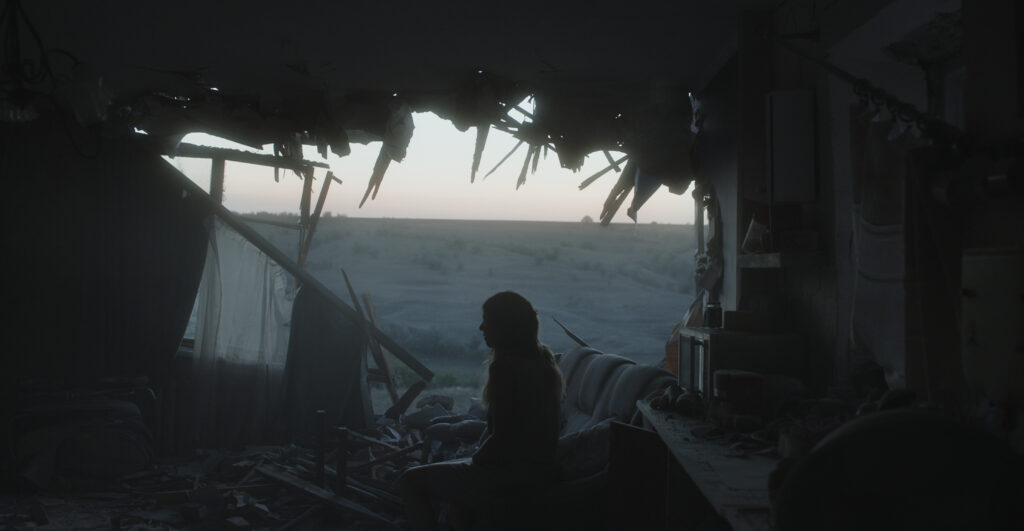
Director: Maryna Er Gorbach
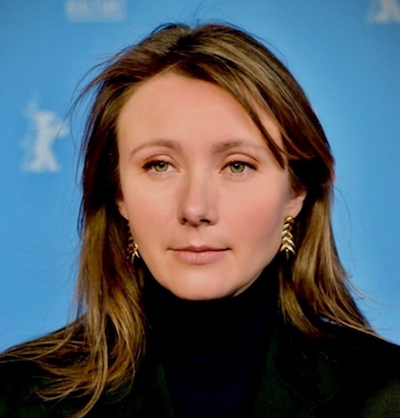
Maryna Er Gorbach is a Ukrainian filmmaker who writes, directs, produces, and edits films. After studying in Kyiv National I. K. Karpenko-Kary Theatre, Cinema & Television University (Ukraine), she graduated from Andrzej Wajda Master School of Film Directing (Poland). Since 2017 Maryna ER Gorbach has been a member of the European Film Academy. She made the films Black Dogs Barking (2009), Love Me (2013) and Omar and Us (2019) together with her husband Mehmet Bahadir Er. Klondike is the first film she has written and directed alone.
Film: The Hamlet Syndrome, 2021
A few months prior to Russia’s full-scale invasion of Ukraine in 2022, five young women and men participate in a unique stage production that attempts to relate their war experiences to Shakespeare’s Hamlet. For each of them, the stage is a platform to express their grief and trauma through the famous question, “to be or not to be,” a dilemma that applies to their own lives. The protagonists fight against disappointment, powerlessness, and anger, trying to put their lives back in order while processing their painful past: Slavik, who went through a hell of war and captivity as a soldier, Katya, who longs for her mother’s forgiveness for joining the army, Rodion, who escaped from Donbas and is now facing growing homophobia, Roman, who is still struggling with the traumatic memories of his war experience as a paramedic on the battlefield, and Oxana who struggles on an artistic frontline as an actress.
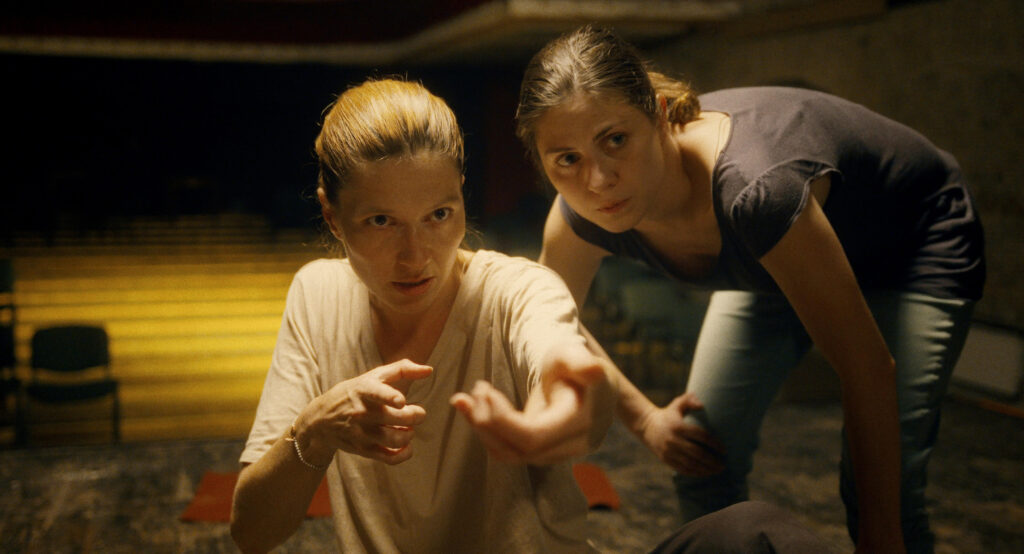
Directors: Elwira Niewiera and Piotr Rosołowski
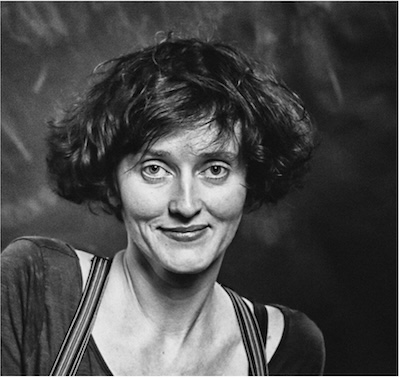
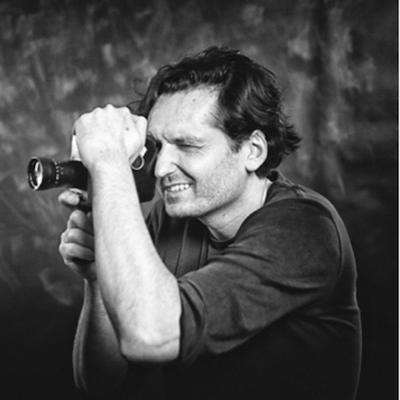
Elwira Niewiera is a Polish/German director and screenwriter, winner of many international awards. In her artistic work, she focuses primarily on political, social and cultural transformations in Eastern Europe. Elwira is a member of the European Film Academy.
Piotr Rosołowski is a Polish director, screenwriter, and cinematographer based in Berlin. He graduated from the Katowice Film School and was awarded an Academy of Media Arts scholarship in Cologne. Piotr also works as a director of photography, he shot many awarded feature and short films.
Piotr co-directed together with Elwira already three successful feature documentaries: “Domino Effect” prized at the Krakow Film Festival and DOK Leipzig, “The Prince and the Dybbuk” awarded with the Lion for Best Documentary on Cinema at the 74th Venice Film Festival, and “The Hamlet Syndrome” honored with Grand Prix Semaine de la critique at the 75th Locarno Film Festival. (Source: Polish Docs, polishdocs.pl)
Conversation: The impact of war in Ukraine on people and their personal lives
Moderator: Fadoua Alaoui
Guest: Elwira Niewiera – Director of the film The Hamlet Syndrome
Guest: Maryna Er Gorbach – Director of the film Klondike
Guest: Anna Greszta

Anna Greszta is a cultural anthropologist and a PhD researcher at the Amsterdam School for Cultural Analysis (ASCA), University of Amsterdam. She currently works in ERC- funded Conspiratorial Memory project, focusing on cultural representations of the Russian war in Ukraine. Inspired by and immersed in cultural analysis and anthropological traditions, the project examines the intersections of memory and conspiracy cultures in the landscape of objects representing the war. Her previous research experience varies from examining Polish-Jewish relations and the memory of the Holocaust (BA in Ethnography, University of Warsaw, 2013-2016) to visual ethnography of discourses and practices of beauty in Ukraine (MSc in Anthropology, University of Copenhagen, 2017-2020). Anna is a co-founder of Amsterdam-based volunteer group Collect4Ukraine.
Festival Partners and Sponsors
Amsterdam Polish Film Festival is organized by Polish Culture NL in cooperation with De Balie and supported by The festival is made possible by the support of various partners.
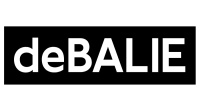




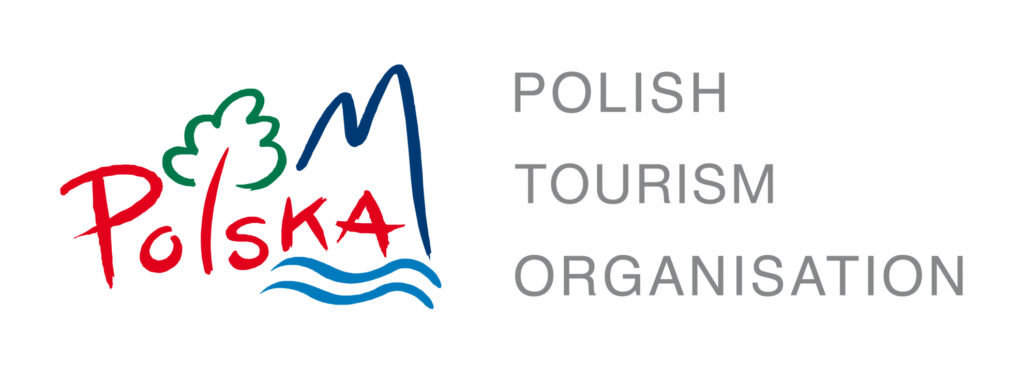
“Project financed from the funds of the Chancellery of the Prime Minister within the framework of the competition Polonia and Poles Abroad 2023”

